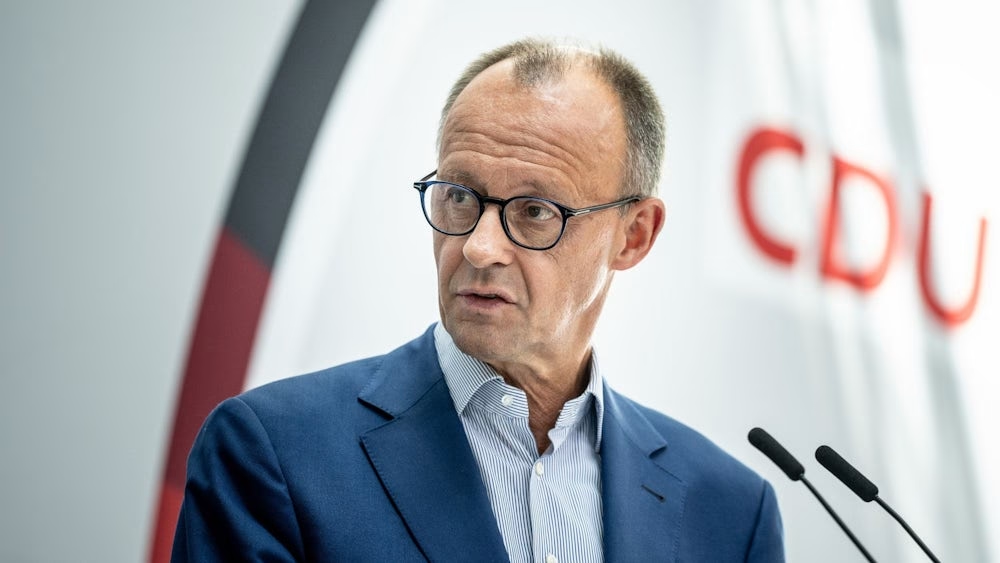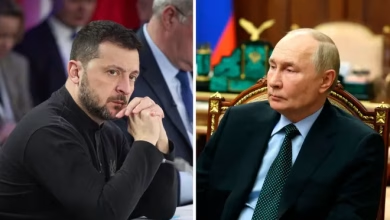Germany’s opposition leader, Friedrich Merz, criticized the government as “leaderless and incapable” and walked out of a crucial meeting on border security. Merz, head of the centre-right Christian Democratic Union (CDU), accused the government of being internally divided and failing to propose effective border control measures.
The meeting coincided with Poland’s strong criticism of Germany’s plan to impose nationwide border checks starting next Monday, which Polish Prime Minister Donald Tusk called an “unacceptable” breach of the Schengen agreement. In contrast, Dutch right-wing leader Geert Wilders supported the restrictions and called for similar measures in the Netherlands.
The discussions on tighter border controls follow the Solingen knife attack on August 23, involving a Syrian migrant. German Interior Minister Nancy Faeser proposed sending asylum seekers back to the first EU country they entered but acknowledged the need for more staff to manage the process effectively. The CDU, however, deemed the proposal insufficient.
Merz has been pressing for more stringent border controls and migration laws, advocating for comprehensive rejection of those lacking proper documentation. The Christian Social Union, the CDU’s Bavarian sister party, has also called for stricter border rules.
On Monday, Germany’s government announced it will introduce additional checks at all land borders for six months, starting next Monday, in a bid to reassure voters and address concerns from opposition leader Friedrich Merz. Currently, Germany conducts extra checks on its eastern borders with Poland, the Czech Republic, Switzerland, and has had additional checks with Austria since 2015. The new measures will extend to Germany’s western borders with France, Luxembourg, the Netherlands, Belgium, and Denmark.
Germany is part of the EU’s Schengen zone, where such checks are allowed only for national security reasons. Besides Germany, seven other EU countries—France, Italy, Austria, Denmark, Norway, Slovenia, and Sweden—have also reintroduced temporary border controls.
A senior member of Germany’s Green party, Irene Mihalic, accused opposition leader Friedrich Merz of using migration issues to “blackmail” the government. Mihalic, head of the Greens’ parliamentary faction, criticized Merz as behaving like a “stubborn child” and dismissed his tactics as “ridiculous.”
Germany’s new border control measures, announced on Monday, were praised by Bild as a “victory for the majority” seeking stricter asylum rules and a political win for Merz ahead of next year’s elections.
The European Commission emphasized that reintroducing border controls should be “strictly exceptional” and “proportionate” to address security threats. A commission spokesman noted that they are in contact with German authorities and will evaluate Berlin’s justification before commenting on potential broader impacts.


